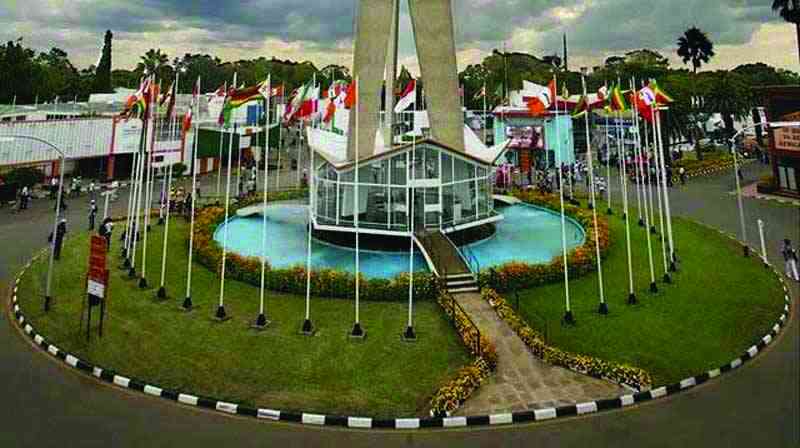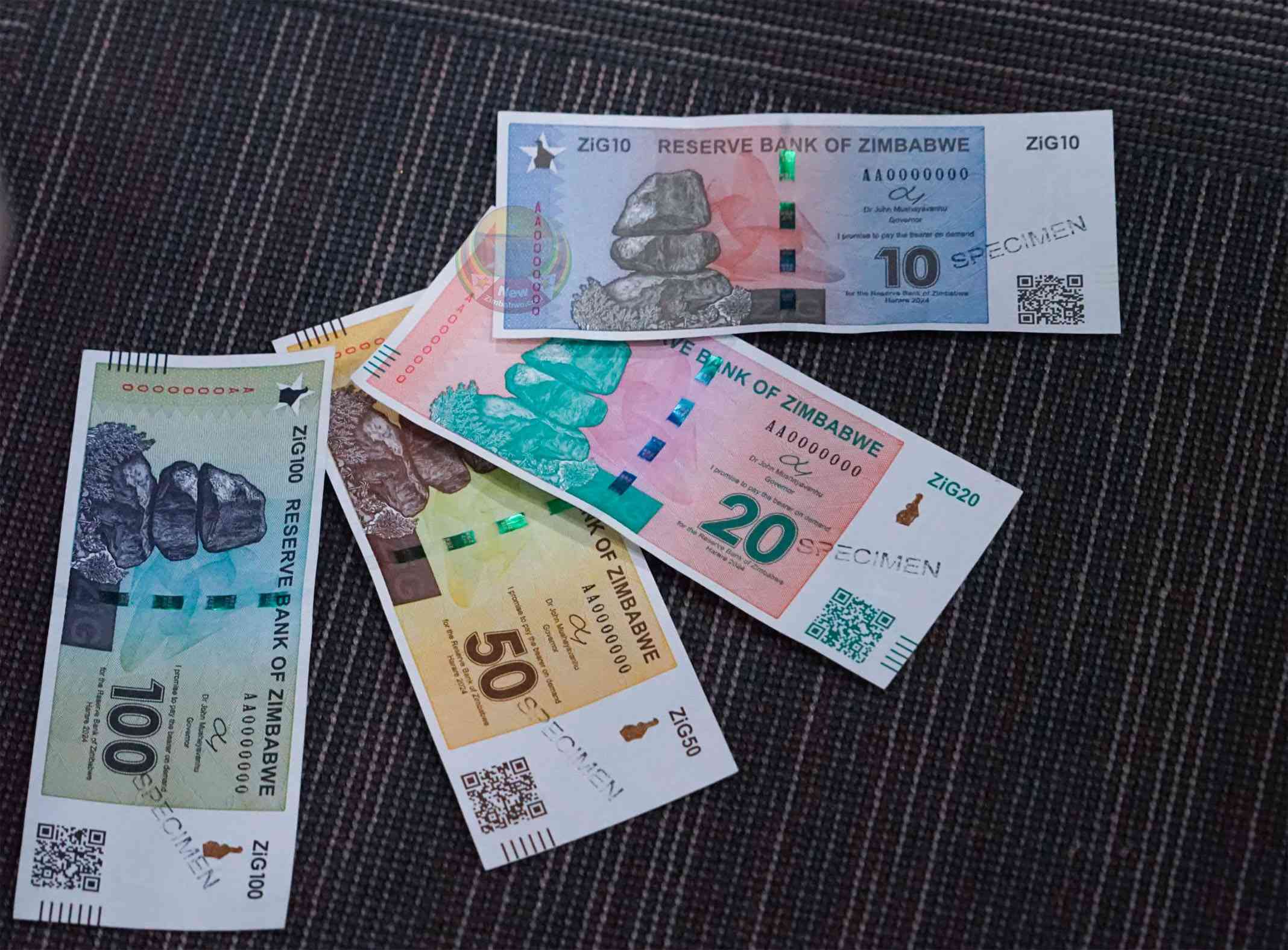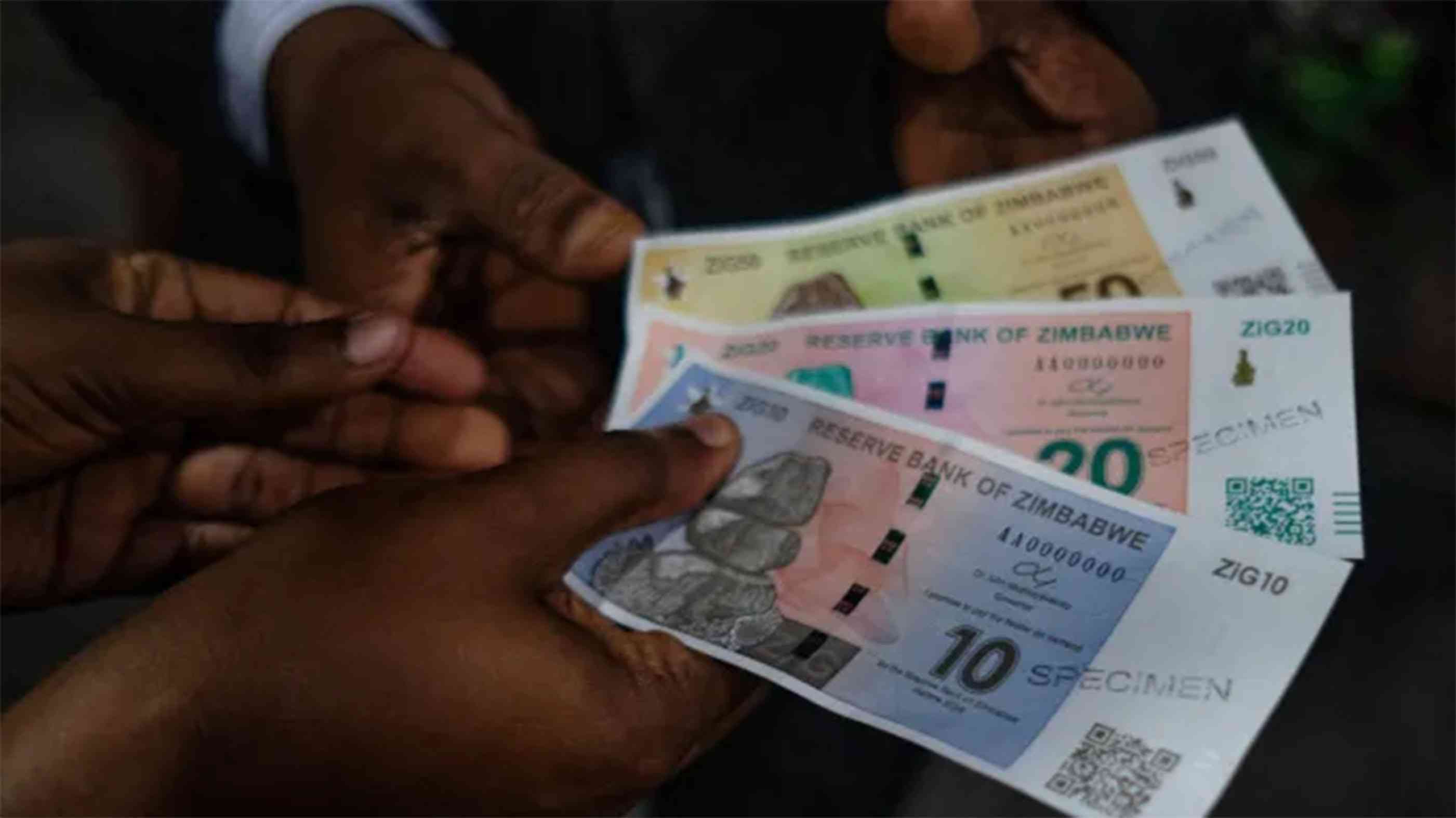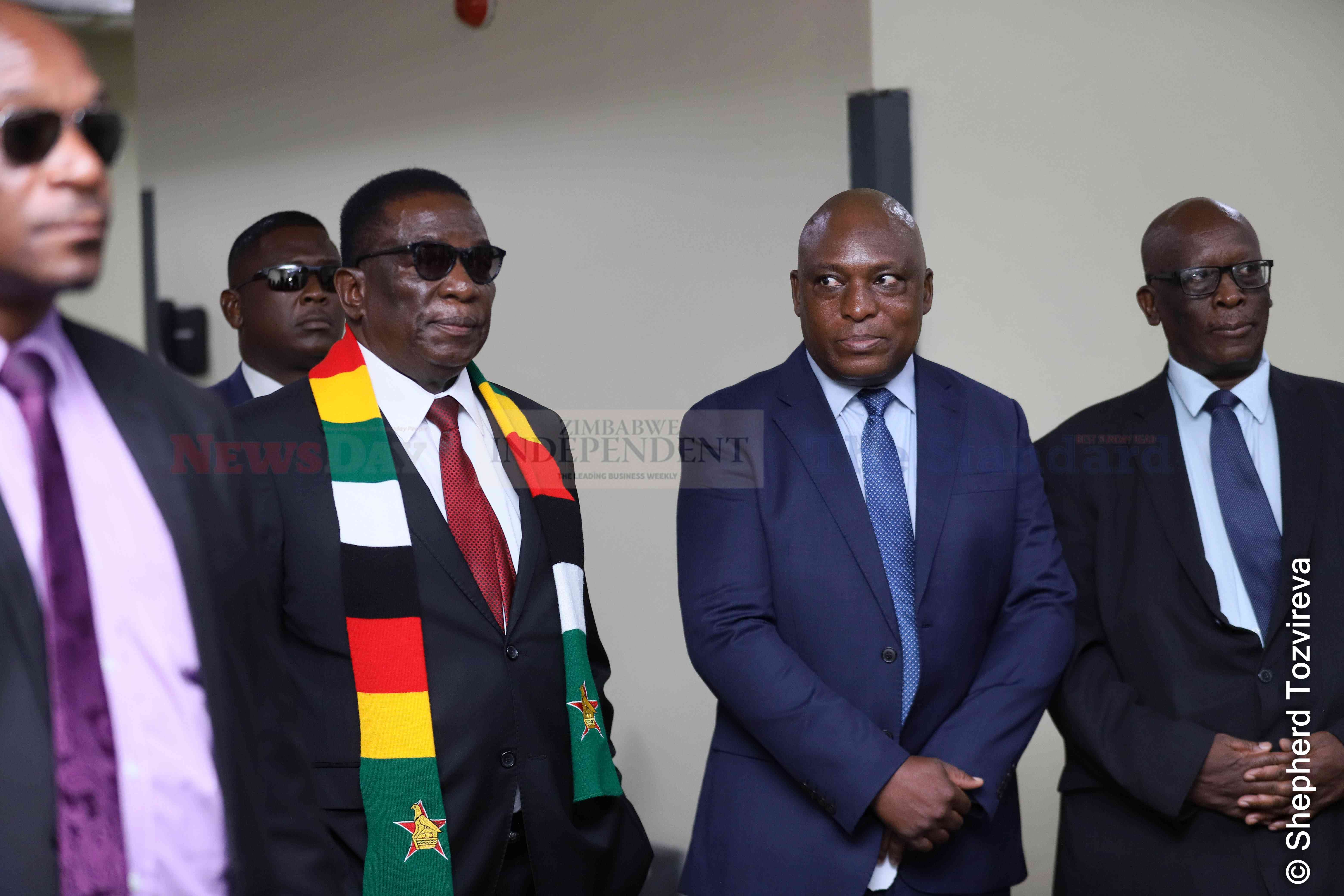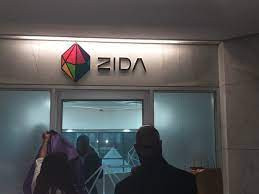
Last week, President Emmerson Mnangagwa took control of the Zimbabwe Investment Development Act also known as the Zida Act. This came barely a fortnight after he also put Mutapa Investment Fund (IMF) under his purview.
The fund controls State entities with assets running into millions of dollars.
What this means is that the Office of the President and Cabinet (OPC) is now responsible for billions of dollars in investment contracts facilitated by Zida as well as assets controlled by the MIF.
His office has essentially become, not only an asset manager, but also an investment broker.
The question is, however, will investors be attracted to Zimbabwe where the President’s office is in control of everything? Only time will tell. Remember, investors tend to do some checks of a country they have identified for investments.
These include checking the political, economic, and social risk profile.
Investors are also more conscience about environmental, social and governance scores. So, if they are seen to be getting into bed with sanctioned individuals or entities then this could hurt their ability to get credit from institutional investors.
Therefore, putting those crucial investment vehicles under an office run by someone under targeted sanctions may have blowbacks. President Mnangagwa and some officials in his office are under targeted sanctions.
- Mr President, you missed the opportunity to be the veritable voice of conscience
- ED to commission new-look border post
- Zanu PF ready for congress
- EU slams Zim over delayed reforms
Keep Reading
Also, where are the checks and balances?
If the highest office in the country is in control of these institutions, who checks that office? Typically in a democracy, arms of government, the executive, judiciary or legislative checks each other but in this situation, who checks the President’s Office?
By removing the Treasury’s control over the MIF and Zida, there are no longer several bodies that can analyse what happens with tax payers’ funds. Absolutely no one.
After all, the entities under the MIF were practically exempted from procurement regulations. How will the populace know how the country is doing in terms of attracting investment? Sadly, the cruel fact is, we will not. We will just have to believe whatever numbers they give us, just like they do with inflation figures. While the country's inflation is in the triple digits, Treasury keeps it in the double digits.
We do not even know how such a decision to put the MIF and Zida under the OPC was arrived at.
All we do know is that we will probably have a higher risk profile for those wishing to invest in Zimbabwe. The government does not seem to accept all the recommendations of the Auditor-General's report or judiciary or legislative.
So, if anything goes wrong and anything is found amiss, who would be held accountable? This also opens avenues of corruption.
If this country is going to be built on the tenets of democracy, such conversations need to happen.
This is how a village turns into a community, which turns into a society that in turn creates a nation.
We cease being a nation when we forget that the country does not belong to a chosen few but to all.

